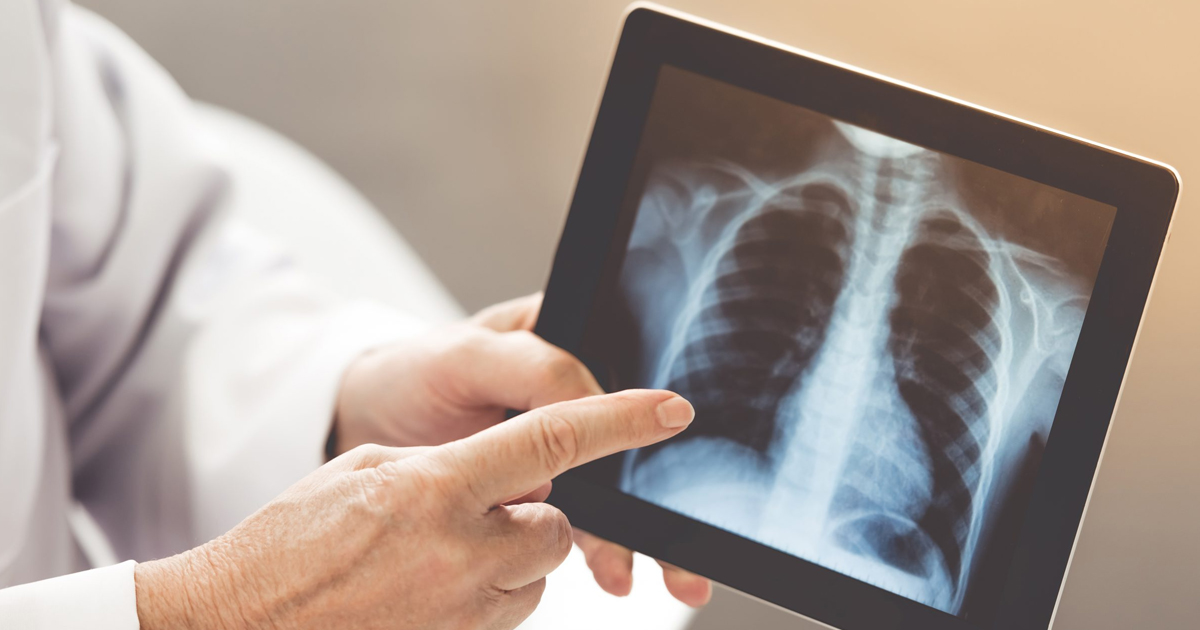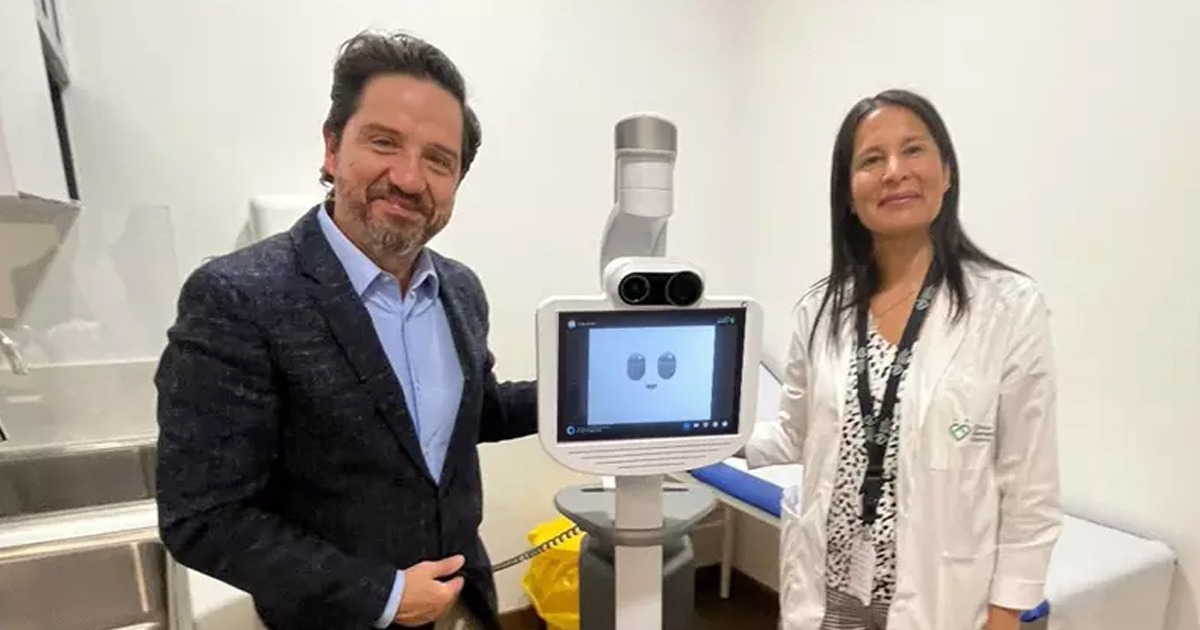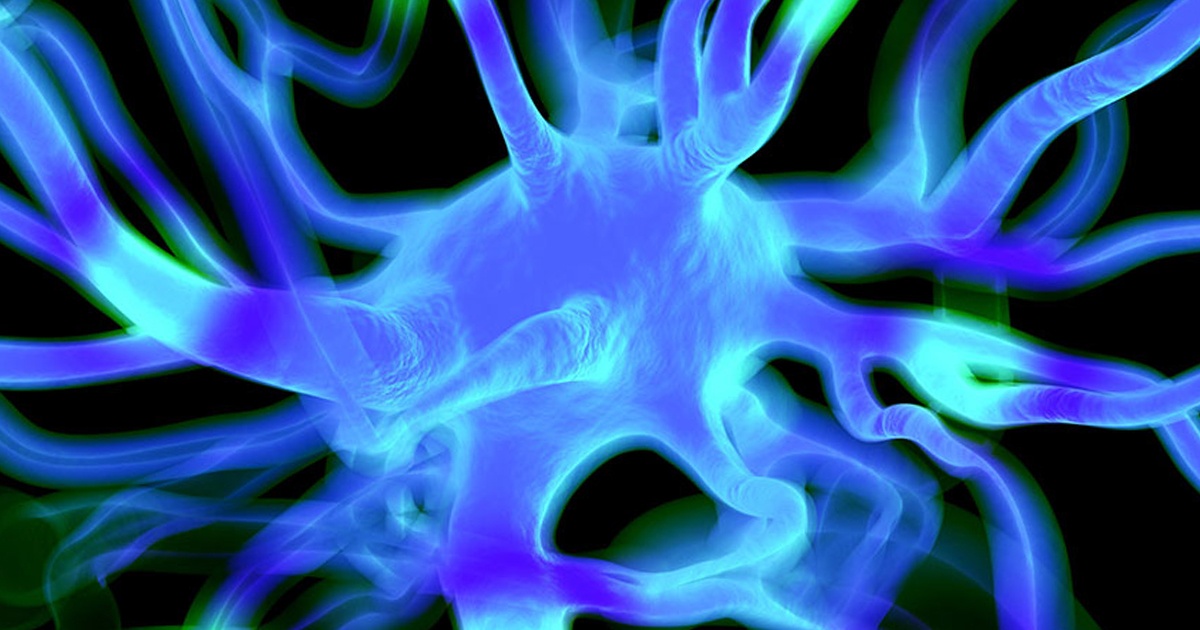Thanks to machine and deep learning methods it is possible to perform COVID-19 detections and prognoses, using chest X-rays and CT scans. However, despite advances in the last year, no model is suitable for clinical use yet.
In addition to PCR testing, specialists have supplemented that information with chest X-rays, for a more complete COVID-19 diagnosis. In addition, in some countries where sufficient PCR testing is not available, imaging could be a substitute.
Since the beginning of the pandemic, researchers from different countries started to develop Artificial Intelligence (AI) models, based on machine learning, to improve the diagnosis of COVID-19. According to an analysis published in Nature Machine Intelligence, which analyzed more than 300 studies that used deep learning-based and 69 machine learning-based models, the authors explained that, “Despite the huge efforts of researchers to develop machine learning models for COVID-19 diagnosis and prognosis, we found methodological flaws and many biases throughout the literature, leading to highly optimistic reported performance.”

“Any machine learning algorithm is only as good as the data it’s trained on. Especially for a brand-new disease like COVID-19, it's vital that the training data is as diverse as possible because, as we've seen throughout this pandemic, there are many different factors that affect what the disease looks like and how it behaves”, explained Dr. Michael Roberts, Department of Applied Mathematics and Theoretical Physics, University of Cambridge.
In the end, only 62 of the studies were analyzed as they met the criteria set by the authors. However, as the authors explain "in their current reported form, none of the machine learning models included in this review are likely candidates for clinical translation for the diagnosis/prognosis of COVID-19."
The authors made five main recommendations for improving COVID-19 detection and diagnostic models: (1) considerations when collating COVID-19 imaging datasets that are to be made public; (2) methodological considerations for algorithm developers; (3) specific issues about reproducibility of the results in the literature; (4) considerations for authors to ensure sufficient documentation of methodologies in manuscripts; and (5) considerations for reviewers performing peer review of manuscripts.






